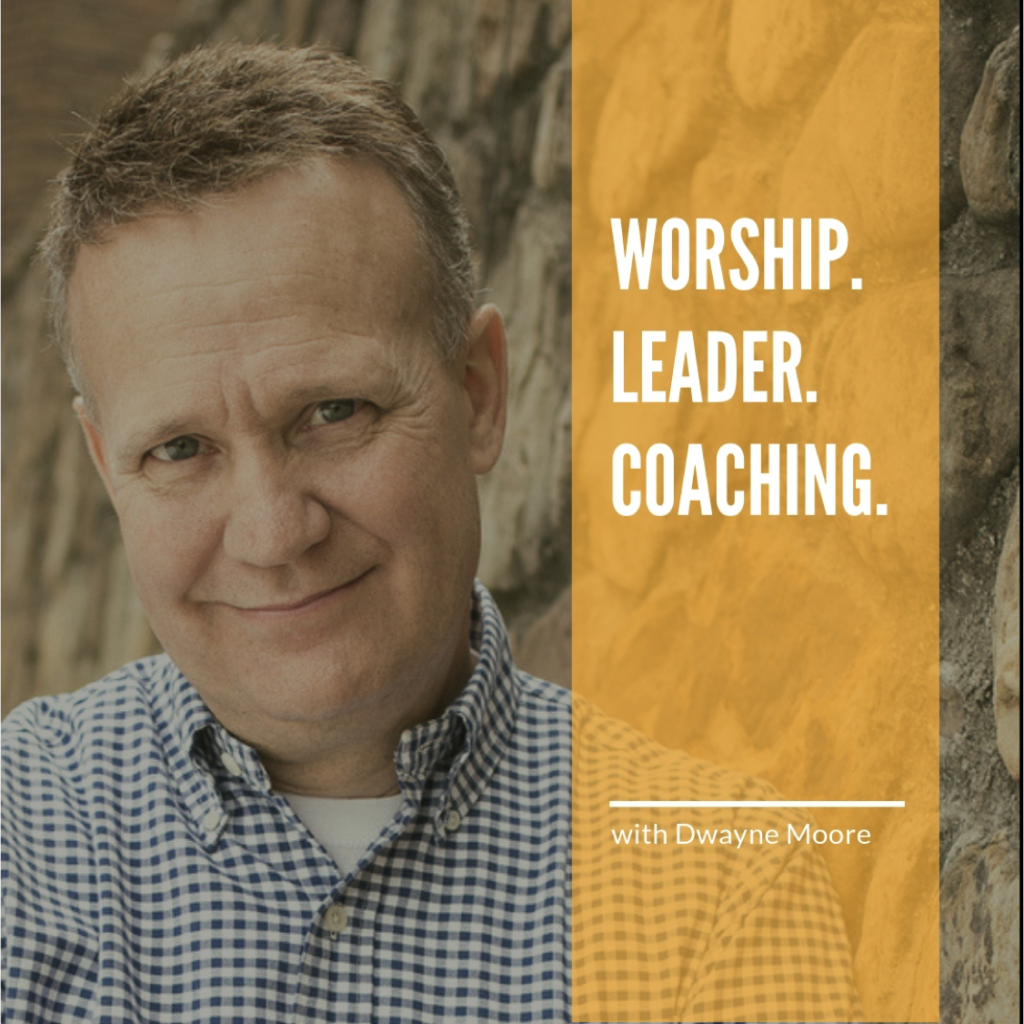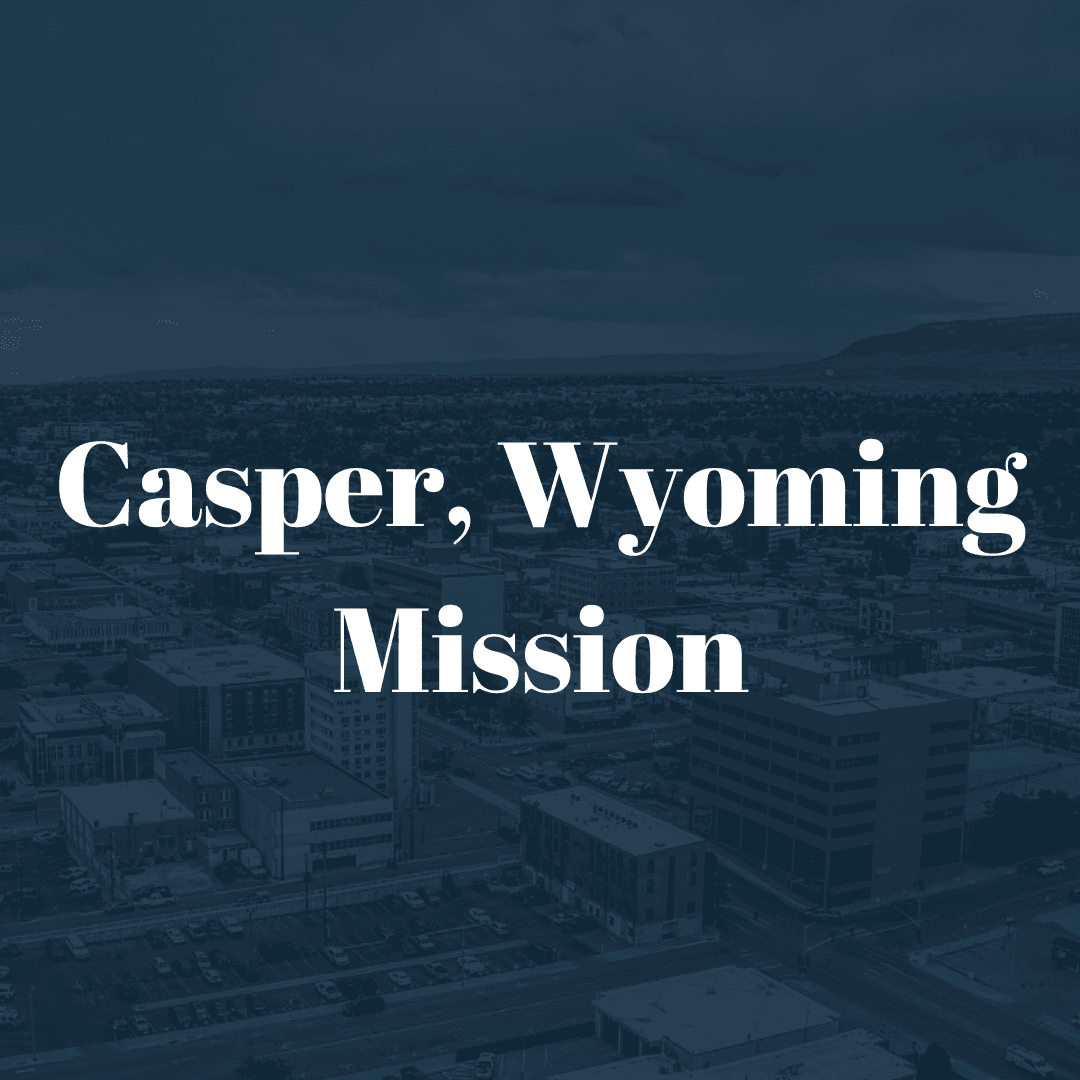
Songwriting for the Church
Recently during one of our LEGACY Coaching sessions, Dwayne sat down with Stephen Moore, lead singer for Carrollton, to discuss songwriting with the online students. Here is part of that conversation…
As we start out tonight having a conversation about this let’s set the stage by saying, trying to write hit songs that everyone likes, that’s not our goal. Secondly, we got to just start doing it in order to develop this gift and that’s what I want to encourage you. If you don’t get anything else out of tonight I want you to feel inspired by Scott singing that song that he wrote and hopefully by Stephen encouraging you and me as well and going, you know what, I think that’s something we could try in our church. If that’s as far as we go, that would be a huge way to make an impact in your church.
We, at the Station Church in Birmingham, Alabama, wrote some songs that represented what our church was going through at the time and a couple of them became very popular within our congregation.
Stephen, I want to turn it over to you to just talk to us, share with us some tips of, generally speaking about songwriting or what you consider to be a quality song. Just talk to us.
Anybody can write a song
Stephen: Yeah, yeah. Well, I am certainly a believer that anybody can write a song. Anybody. It doesn’t matter your musical experience, your musical position, whether it’s at a church or otherwise. Anybody can write a song. Why is that? Because I think you only need two things. You need an appreciation or enjoyment for music, meaning you need to like music. I think that’s a pretty fair statement and then the second thing is you need to have an opinion. That’s it.
Dwayne: You need to like music and you need to have an opinion.
Stephen: Yes. In other words, you need to have the want to write music and then you need an opinion, the ability to be able to look at something and say, I like this or I don’t like that.
Dwayne: Okay, never thought of it like that. Okay.
Stephen: If you have the want and you have the ability to form an opinion then you can write a song.
Dwayne: Wow, okay. Okay. That boils down-
Stephen: Ready to go. That’s it. That’s all I got. No I’m just kidding. Now if you want to write a good song.
Dwayne: Oh, a good song, okay.
Stephen: That’s when it starts getting complicated. I actually heard it shared like that. It may have been in a Ted talk that I stole it from.
Dwayne: Oh okay, a Ted talk.
Stephen: And I love opening with it because in talking to people about writing music, the experience and skill sets of those people vary from very experienced and seasoned to not at all whether it’s in songwriting or even in music in general and the way he opened with that statement, with that idea just made it feel so accessible.
Dwayne: Yeah, it does. I’m still absorbing it, to be honest, but yeah.
Stephen: Yeah, and so it’s just the idea that everyone has something to contribute to that if they choose to and if they want to.
Dwayne: But it’s that second one that I’m still, that opinion. If they have an opinion.
Stephen: The ability to choose one thing over another thing.
Dwayne: Okay.
Stephen: To narrow it down to one lyrical line, one verse, one theme, one melody.
Dwayne: Okay, wow.
A good song takes more
Stephen: Super broad. It’s as broad as you can possibly get. Now, when you ask the question, how do I write a good song, that’s when it gets trickier and that’s what takes more skill, more experience, more know-how. But I think there are good starting points that anybody can take even in pursuing that goal of a good song to help themselves get there and it’s really just by starting from scratch and saying, who am I writing the song for?
First, developing a target audience, I think is very important. Again, we’re still talking pretty broad because a target audience could just be me if I’m writing a song.
Dwayne: Oh wow, okay yeah. Okay. So not necessarily for your church?
Stephen: There are plenty of songs I’ve written that no one will ever here and I don’t need them to because I wrote the song.
Dwayne: Hey, Scott. Can I interject and ask you a question? Who did you write that song for when you wrote, More?
Scott: So, first and foremost it was me but just because of the type of ministry people that we have, that’s something … That’s a similar song because they share a similar struggle so my audience was still in that case … It’s not a corporate worship song but it’s something I could share with them as a special kind of music.
Dwayne: Okay, so you had a target in mind then? Okay.
Stephen: Yeah, and that’s great. I was going to comment on that and just say I appreciated the heart and what you were sharing with the song and I think that’s really good and it can absolutely be a dual audience. I would say it’s a fair statement that anything I write entirely by myself, I write at least in part for me from my perspective because that’s just where I pull from for songs in general but I do think it’s important. Especially if songwriting is a new thing for you and you’re just trying understand, where do I begin? If that’s you asking that question or if you’re leading a team and you’re trying to direct them in where to begin. I think these are helpful ideas. So, ask the question, who am I writing for?
Dwayne: Who am I writing for?
Keep it simple
Stephen: If you’re a church team, your band is writing the song then it’s probably going to be writing, generally speaking, for your congregation, for example. If you’re looking at songs for a congregation then you also in turn have to think of, okay I want to write melodies that are singable both regarding the key but also regarding the rhythms in the melody.
Dwayne: If you’re writing for the church, right.
Stephen: The melodic movements. It needs to be something that can be learned and sung along with easily.
Dwayne: Well, now we’ve got some non-musicians listening so what do you mean by melodic movement? Define that. What do you mean by that?
Stephen: Interesting. I don’t know how to explain it exactly in terms of-
Dwayne: You mean simplicity?
Stephen: Sure.
Dwayne: It’s a simple melody versus a complex melody? What does that mean?
Stephen: Well, the non-musicians listening, I think you actually have a very, almost an advantage in regards to that because you are the average listener. I have always felt that way in terms of songwriting. For those of that spend all this time pouring practice hours in and study hours into writing music, there’s a ton of advantage to that but there’s something to be said for letting someone who doesn’t hear music, hear your song and what they have to say about it because that is the average listener right there so in regards to writing melodies, if you’re not a musician then you probably have the advantage in terms of writing accessible melodies.
Dwayne: Okay because my other question is, accessible in the sense that they can sing it or they can just listen to it?
Stephen: I believe sing it.
Dwayne: Okay, because the goal of-
Stephen: 85 percent.
Dwayne: … of most songs in a church is hopefully that they would want to sing along with you.
Stephen: That’s personally my goal. I’m not going to try to make a biblical case as to why it should be like that all the time but that’s, yeah. If it’s a congregational setting what I want for that period I’m on stage with people is for it to feel like a unified…
Dwayne: So they can engage and sing along.
Stephen: Right.
Dwayne: So melodic movement means it doesn’t get so complicated and so wordy or so intricate in its movements up and down from note to note that it confuses people?
Stephen: Yeah.
Dwayne: Or causes them not to want to sing?
Stephen: Yeah.
Dwayne: Okay, all right. Just making sure we’re clear.
Stephen: There’s a song right now that Carrollton’s actually playing live that I wrote, funny enough, but I don’t enjoy doing it live.
Dwayne: Which one?
Stephen: It’s called, Hold You, is the name of the song.
Dwayne: Okay.
Stephen: The chorus is, “Why don’t you let me hold you, rest your head and quit trying to fight it”, but the way the drums move it’s a song, it feels like you should be able to engage to it. It just feels like something you want to clap to naturally but the clapping should be on the offbeat. The accents are the offbeat.
Dwayne: Oh yeah, the way the drums-
Stephen: So it’s, “Why don’t you let me hold you”, and especially white people don’t get that.
Dwayne: We can’t figure that out.
Stephen: Yeah, so it’s just a bunch of …
Dwayne: Yeah, yeah.
Make it singable
Stephen: I did it. I created the song so it was my bad but stuff like that, for example. If I’m writing for a congregation I want to give them a good opportunity to be involved and to jump in with that.
Dwayne: Okay. Is everybody okay with understanding what we’re saying with that? We’re making sense with that? Yes? Okay, carry on.
Stephen: Sweet. I’d be interested to know if you guys agree with that.
Dwayne: That’s a good question.
Speaker 4: I agree with it-
Stephen: In terms of if you’re writing for a congregation, what does it look like? Is that what it should look like, I guess is what I’m saying?
Stephen: Yeah.
Dwayne: Wow, okay.
Stephen: Song keys are the classy example, I think the five, ten years of-
Dwayne: Oh my, yeah. Yeah, exactly. 10 years ago, 15 years ago songs were lower keys but now popularity is to go up much higher.
Stephen: Right.
Dwayne: That is hard for us guys to sing along with.
Stephen: I think nothing’s black and white. Very little is, especially music because music is so ultimately subjective. It’s so broad and so I think there is a line, there’s a balance in writing even for a congregation because you don’t want to write stuff that’s so stupid simple that people just get burned out on after two weeks.
Dwayne: Okay.
Stephen: There’s something to be said for writing melodies that are interesting in terms of the movement while also be accessible. Even if it takes them two or three weeks to access it. Two or three times listening. I don’t think there’s anything wrong with writing something that takes people a few weeks to get ahold of.
Dwayne: Okay. I’m going back to Scott’s song. What was interesting to me and jumped out to me is how he stopped after the word, more, and he paused and he emphasized the word more. Was that intentional, Scott? Did you like, okay I want to focus on the word, more, so I’m going to stop … You gave a beat or two of space between that and the next phrase and I thought that’s kind of cool. To me, that felt intentional. I don’t know if it was and that helps me remember that word, in other words because I still remember it now even though you only sang it once.
Scott: It was not intentional but I appreciate that feedback. It’s something to think about.
Dwayne: Say that again.
Scott: It wasn’t intentional but I appreciate the feedback because that’s something to think about as I write future songs.
Stephen: It was like a break?
Dwayne: How’d the chorus go again, Scott?
Scott: “There is more than you can see right now.”
Dwayne: That’s interesting and he emphasizes words that more and you are important. I think that’s interesting.

Join us for our INFLUENCE Phase in January!
This can change your ministry!
Podcast: Play in new window | Download | Embed





Leave a Reply
You must be logged in to post a comment.